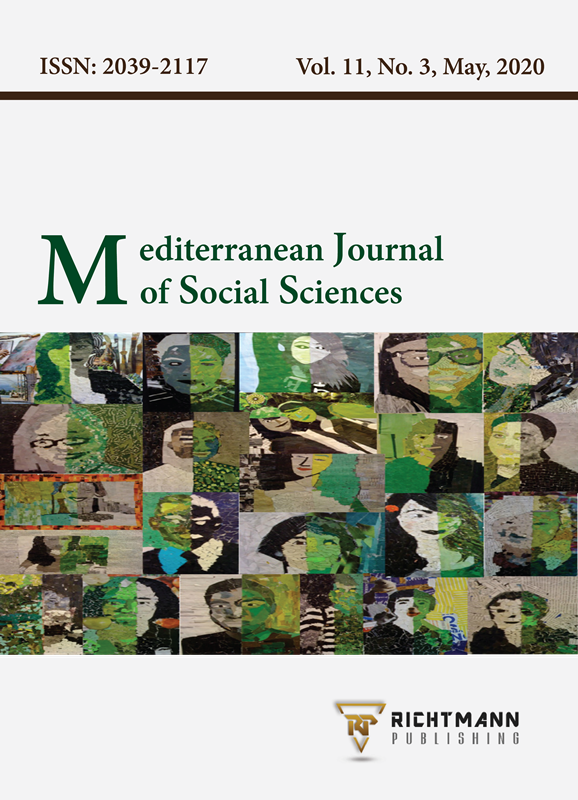Talent Management Based-Education: Indonesian Case
DOI:
https://doi.org/10.36941/mjss-2020-0032Abstract
This study aims to determine the effect variables on the implementation of talent management of based education (TMBE). The paper is part of the results study in 3 (three) cities in DKI Jakarta, Banten, West Java Province, Republic of Indonesia with a sample of three senior high schools each taken by purposive technique, especially good criteria and have teacher guidance and counseling status. From each school 20 high school teachers were randomly drawn to answer the questionnaire distributed to them. The questionnaire was previously validated and reliable using the product moment test criteria from Pearson and Cronbach Alpha with the help of the SPSS program version 24.0. Data is processed and analyzed using the Structural Equation Modeling (SEM) approach using the Lisrel 8.70 program. The study resulted that the provincial government policy variables (PDS), school conditions (SC), teaching activities (LT), teacher guidance and counseling (GC) functions, and parent participation (PP) had a direct positive effect on the TMBE, Cultural Values (CV), and National Education (NE) variables. The indirect effect of PDS, SC, LT, GC, PP on TMBE is greater through CV and NE, then TMBE has a positive effect on Student Outcome (SO). It is recommended that TMBE implementation requires a holistic approach taking into account the variables and all the indicators studied. Ignoring one or more variables and trend indicators will influence the success or failure of talent-based education management and in turn will have an impact on student achievement (SO).
Downloads
Downloads
Published
Issue
Section
License
This work is licensed under a Creative Commons Attribution-NonCommercial 4.0 International License.











